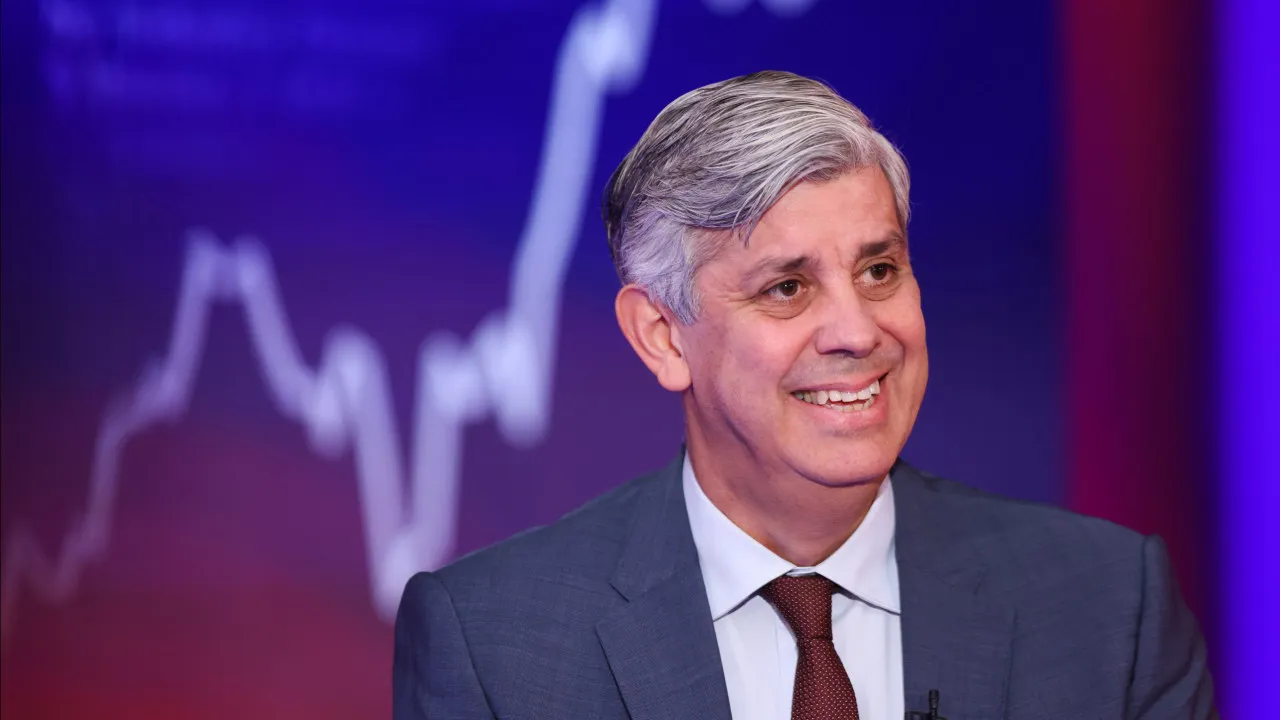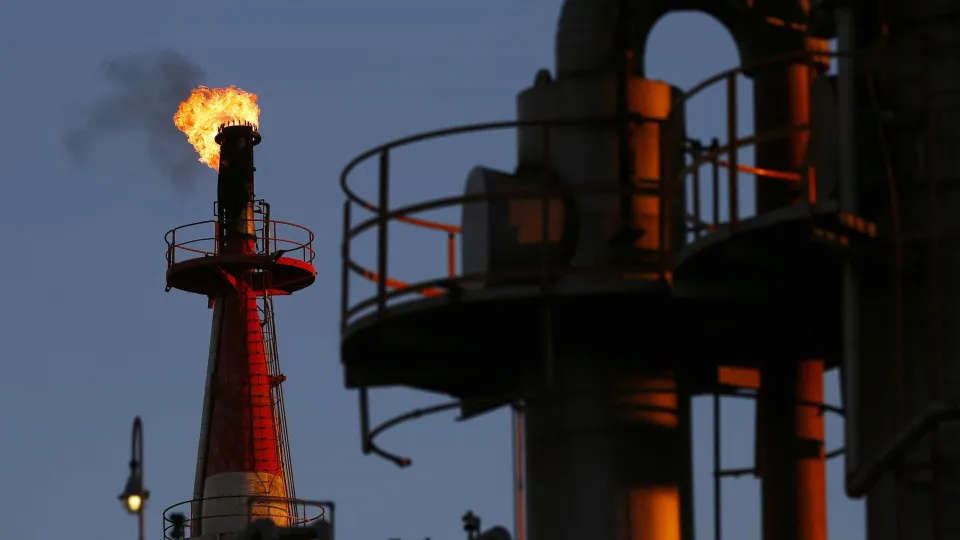
Today, the government announced the appointment of economist Álvaro Santos Pereira as the new governor of the Bank of Portugal (BdP), succeeding Mário Centeno, whose term ended on Sunday.
Centeno transitioned directly from the Ministry of Finance to the central bank, a move that sparked controversy due to the immediate shift and led to discussions about a potential cooling-off period for such transitions.
This occurred during a time when both the country and the world were grappling with the pandemic, necessitating extraordinary budgetary efforts and measures from the European Central Bank (ECB), where Centeno secured a seat.
The former finance minister declared his intention to be an active governor in an opinion piece and indeed stood out for issuing numerous alerts to governments, even beginning to author articles in his own name, a novel approach at the BdP.
Warnings to Commercial Banks
Centeno also issued warnings to commercial banks, notably criticizing them for low deposit interest rates while obtaining higher rates from the central bank.
The BdP further stated that banks’ profits should be assessed in the long term, as the year 2023 allowed the banking sector to recover from years of losses.
The banking regulator and supervisor also argued that banks should utilize positive margins to anticipate future challenges, thus requiring banks to strengthen their capital reserves.
European banking regulators and supervisors advised banks to divert a portion of their profits (instead of distributing them) to bolster their capital reserves to be better prepared for future crises.
A ‘Dove’ at the ECB
At the ECB, Centeno positioned himself among the governors as one of the ‘doves,’ advocating for a more accommodative and lenient monetary policy, often calling for lower interest rates in public interviews and statements.
Centeno is even described by the international press as one of the most ‘dovish’ at the ECB. For example, in early June, he stated in an interview with an Italian newspaper that the eurozone requires ECB stimuli, suggesting that interest rates could decrease further.
Political Involvement
Despite the central bank’s independence, Centeno occasionally found himself embroiled in political issues, most notably when there was talk of him replacing António Costa as prime minister following the controversy that led to the prime minister’s resignation in 2023.
“Given its role as a reference for stability in the country, it was up to the PS to present an alternative solution that spared the country months of paralysis until the elections, presenting a figure with substantial governmental experience, respected and admired by the Portuguese, with strong international prestige: Professor Mário Centeno,” he specified.
However, according to the prime minister, “The President of the Republic decided that, rather than a stable solution with a renewed quality government led by Professor Mário Centeno, the option was to hold elections.”
This matter even led to an investigation by the ECB’s Ethics Committee, which ultimately concluded that the invitation to be prime minister did not compromise the governor’s independence.
As the end of his term approached, Centeno was also mentioned as a possible candidate for the Presidency of the Republic, but he denied such intentions in January this year.
Disagreement with the Government
Throughout these five years, Centeno dealt with various governments: two led by António Costa, with João Leão and Fernando Medina holding the finance portfolio, and two led by Luís Montenegro, both with Joaquim Miranda Sarmento as finance minister.
Despite sharing the same political background with the first group, tensions occasionally arose, such as when Centeno and Costa disagreed over the European budget and the Eurogroup rule that would reduce Portugal’s allocation.
With Miranda Sarmento, there were disagreements on topics such as brain drain, corporate tax reduction, public guarantees for young people purchasing homes, and budget deficit forecasts.
The decision by Montenegro to appoint Hélder Rosalino as Secretary-General of the Government also sparked controversy, with Centeno declaring he would not pay the salary of the former BdP administrator in the new position, which Rosalino ultimately did not assume.
The Construction of the New BdP Building
This week, following the end of Mário Centeno’s term, the government announced it would request an audit by the General Inspectorate of Finance (IGF) regarding the process of constructing the new Bank of Portugal building.
The contract in question, signed by the central bank under Centeno’s leadership in May with Fidelidade, involves purchasing a building on the site of the former Feira Popular, in Entrecampos, Lisbon, for the institution’s future headquarters, totaling 191.99 million euros, with a final transaction expected by the end of 2027.
On Monday, July 21, Observador reported that the value of the future headquarters would exceed the initial 192 million euros, as this figure only covers structural work, with the total cost potentially reaching 235 million euros according to the online newspaper.
The newspaper also mentioned warnings from Bank of Portugal consultants, particularly regarding permits and the potential need for an environmental impact assessment for the construction of the parking facility.
This information prompted a response from the institution to Lusa, stating that it complies with all regulations in the building purchase process.




